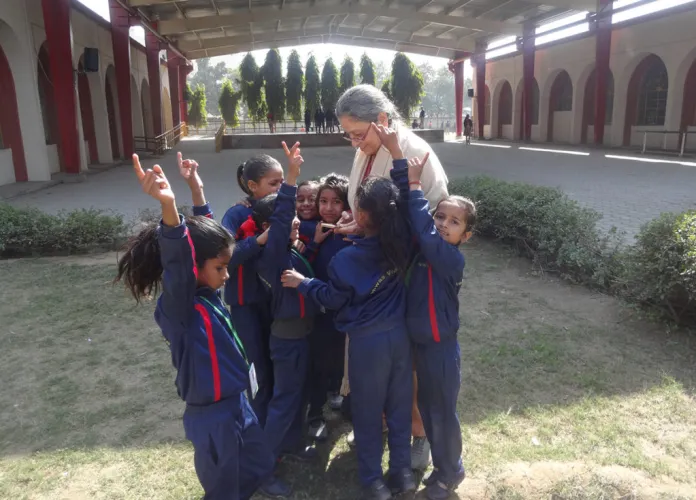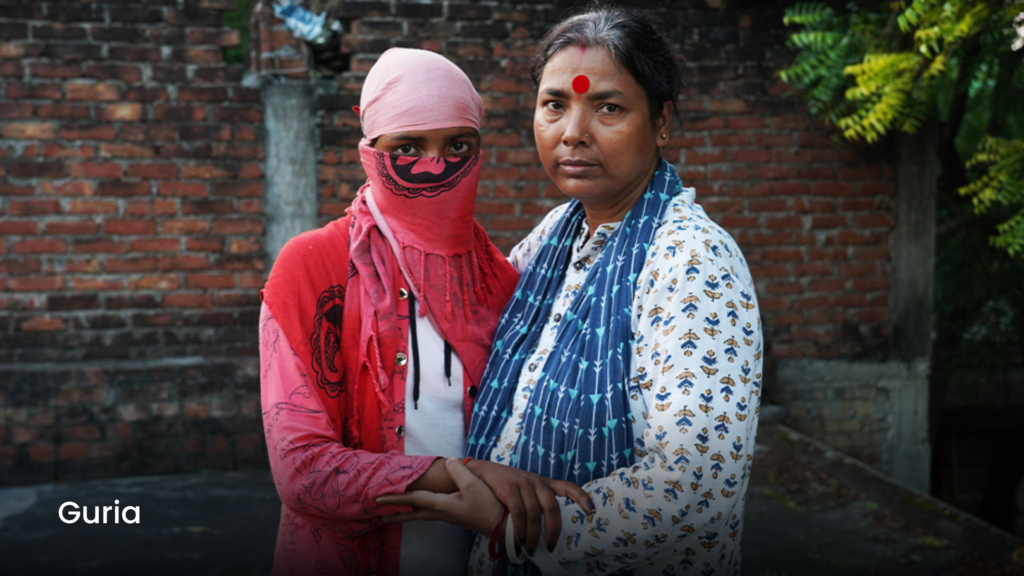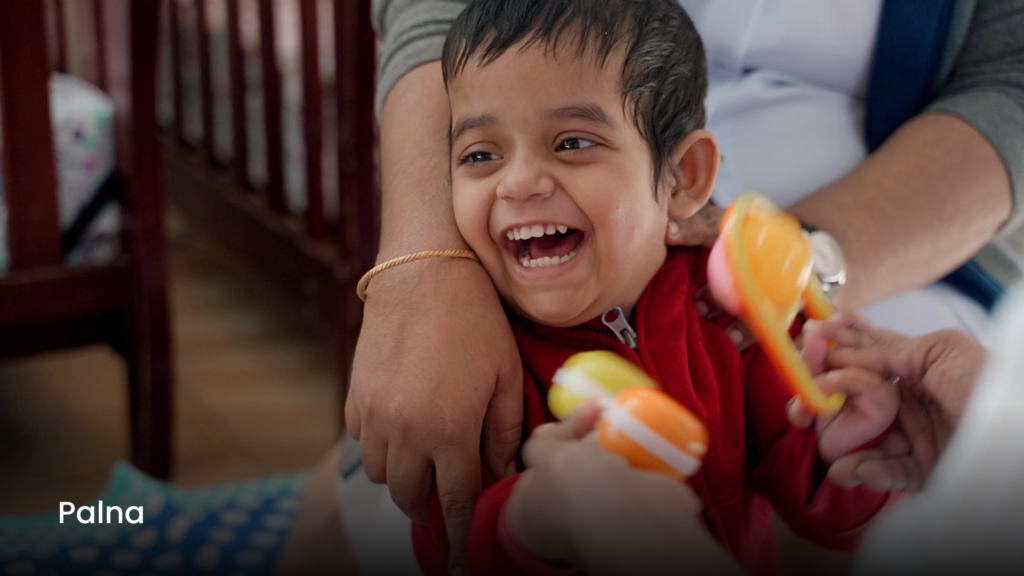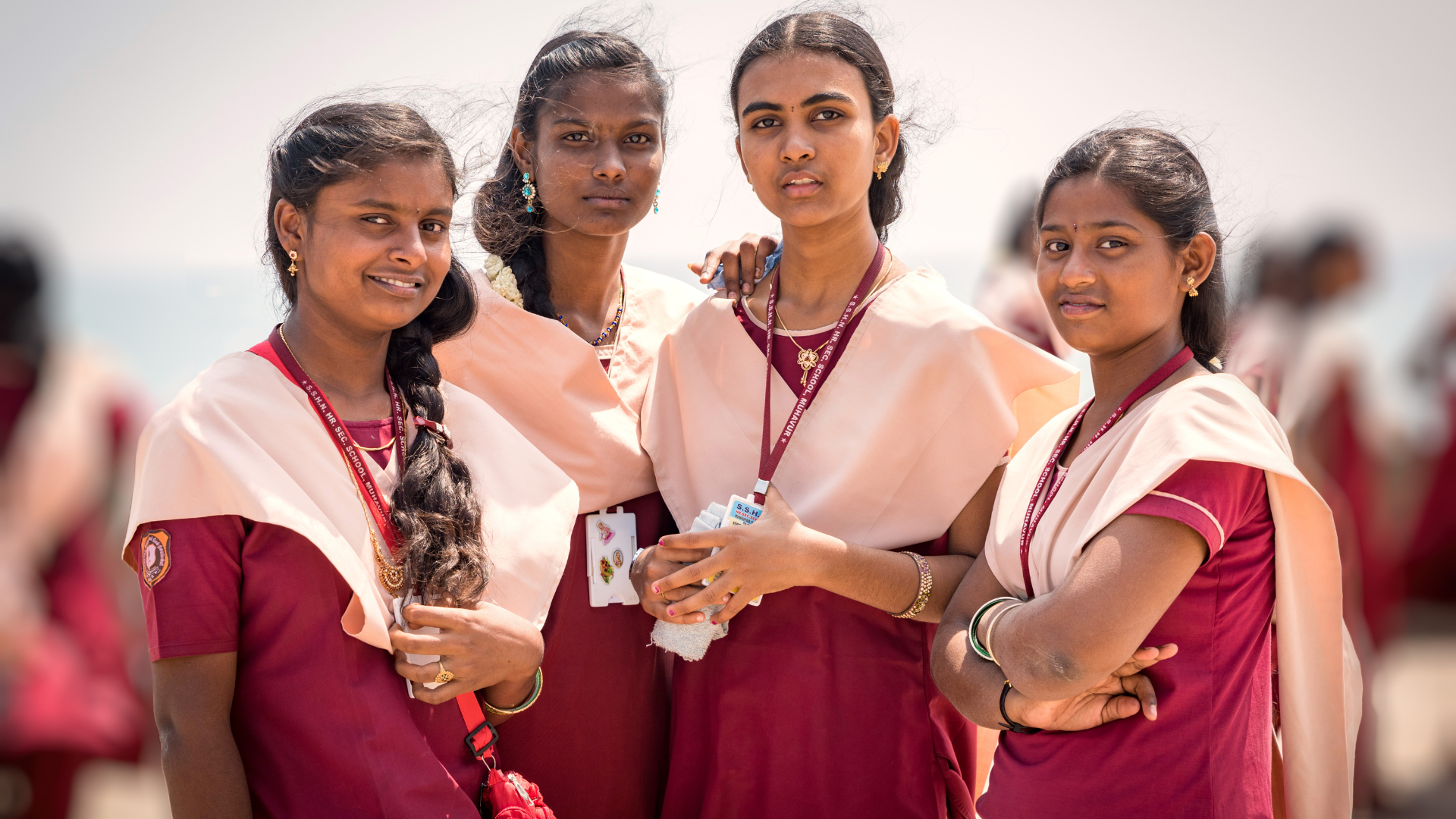THE Indian Constitution states that all individuals in India, regardless of gender, caste, or religion, are equal. Despite notable achievements by women in various fields, the grim reality is that a girl child is considered a burden in some sections of our society. They could be denied education, nutrition, care, and even the right to life. Female foeticide, the act of terminating girl pregnancies due to a preference for boys, is a severe form of discrimination against the girl child.
A common practice in many sections of society is to deprive a girl child of basic education and nutrition in favour of a male sibling. Such discriminatory practices have left significant sections of the country’s female population uneducated and unskilled. India and Indian women have taken giant strides towards a modern society. Many sections of society may agree that there should be no place for discrimination against the girl child. But that is not the case always.
That is the most common theme that is celebrated on National Girl Child Day.
As part of the government’s efforts to promote gender equality and the protection of girl children, National Girl Child Day was first observed on January 24th, 2008. National Girl Child Day is marked to raise awareness about inequalities faced by girl children and to boost efforts towards their education. The Ministry of Women and Child Development brings various societal ills to the fore and addresses economic, educational, and social challenges faced by the girl child during the occasion.
Education and the girl child
National Girl Child Day promotes equal education opportunities for girls, as they are often disadvantaged in many households. Boys are often given priority for formal schooling, while girls are expected to stay home and do household chores, particularly in rural areas. This is because of limited resources and the belief that boys will become the family’s future providers. The girl child is often seen as a financial burden.
The dropout rate for girls in formal education is higher than that of boys. One reason for this is child marriage, which is still prevalent in many parts of the country despite being illegal. Despite efforts by governments and social organizations to end the practice, it continues. Child marriage denies girls their childhood and right to education, and also put them at risk of early pregnancies with potential health complications. Additionally, it leaves them vulnerable to physical and emotional abuse.
The Girl Child and sex ratio
The Beti Bachao, Beti Padhao campaign, launched in 2015, is one of the government’s most significant efforts to protect the rights of the girl child. The initiative aims to address the declining child-sex ratio while also empowering girls.

The Beti Bachao, Beti Padhao campaign has raised awareness and improved girls’ welfare services. In recent years, the government has also vigorously enforced child protection laws, such as the Prohibition of Child Marriage Act of 2006 and the Protection of Children from Sexual Offences (POCSO) Act of 2012, which protect children from sexual abuse and exploitation.
Heroes on the ground
The magnitude of the discrimination and inequality faced by the girl child in India is immense. It has made it difficult for the government authorities alone to make a difference. Thanks to efforts of the social sector, there has been some improvement in living conditions and education of girl children. The work put in by non-governmental organisations (NGO) at the grassroots level to protect and empower girl children has been commendable. Some of the NGO partners of Give.do such Guria have been champions for the protection of girl children for decades.

Guria is one of the leading organisations fighting the human trafficking of underage girls. It has, to date, saved thousands of lives from the clutches of traffickers. Not just that Guria has also been involved in providing legal help to the victims in order to get them justice. After freeing girls from captivity, the NGO takes up full responsibility for their well-being. It provides them with training and assistance to make them financially independent.
Embracing the girl child
Because of gender bias, thousands of newborn girls are abandoned by their own parents on the roadside. Palna, another NGO partner of Give.do, is one of the oldest organisations in the country that adopts abandoned infants. It gives them the love and care they need. The NGO has made commendable strides to promote the adoption of girl children. It has successfully given many abandoned girl children a loving family.

Hundreds of NGOs working across the country work for girl children at different stages of life from infancy to higher education. In order to truly empower the girl child, it is important to provide them equal opportunities.
For instance, Blind Welfare Society provides blind girl students with a loving home and educational support. The NGO has resolved to ensure that girls get every opportunity to complete their education and live independent and financially secure lives.
Although India is still some distance from achieving its goal of ensuring gender equality, the government and NGOs continue to confront formidable challenges.
–
Give’s mission is to “make giving bigger and better.” Give is the most trusted donation platform in India for fundraisers and crowdfunding campaigns. Through our technology solutions, we enable individuals and organisations to fundraise and donate to a cause, charity or NGO with trust and convenience. Give’s community of 2.7M+ individual donors and 300+ organisations supports 3,000+ verified nonprofits with 80G deduction and serves 15M+ people across India. Find a fundraiser today!

Choosing to tread the proverbial road less travelled, Ramon embarked upon a career in journalism and spent over 8 years working for various media organisations. A deeper calling to create a sustainable impact in the lives of the less fortunate compelled him to join the social sector. Ramon is a minimalist at heart and an explorer in spirit.
Discover more from
Subscribe to get the latest posts sent to your email.

